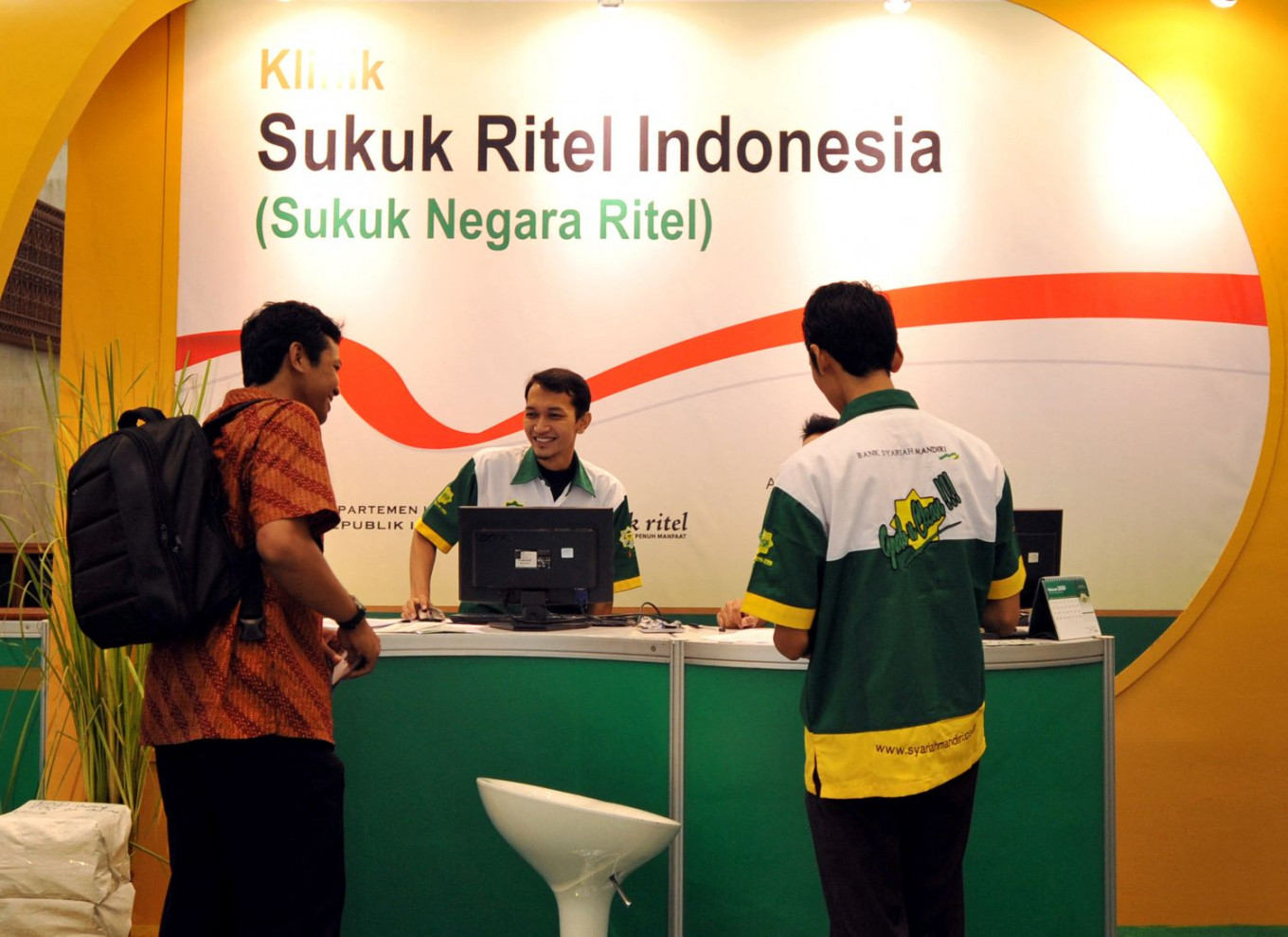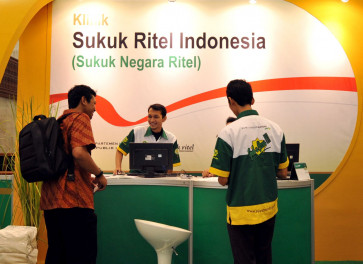Popular Reads
Top Results
Can't find what you're looking for?
View all search resultsPopular Reads
Top Results
Can't find what you're looking for?
View all search resultsDebt as development tools
One could argue that the Indonesian way of managing, debt, which includes fiscal-monetary coordination, was a deciding factor in Indonesia’s strong response during the COVID-19 pandemic
Change text size
Gift Premium Articles
to Anyone
During the COVID-19 pandemic and recovery period, Indonesia has demonstrated the ability to manage debt effectively.
Firstly, the temporary relaxation of the deficit above the historical threshold has been prudent. Secondly, the procurement of new debt has been managed strategically to help moderate risk, including optimization of alternative and domestically sourced financing. Lastly, Indonesia’s government bond interest rate was able to stay at a competitive level, which has kept investors’ interest robust.
These achievements, which have gained national and international praise, could not be separated from the continuous evolution of debt policy in Indonesia and should not stop further development. One area to be considered could be in the form of developing more ways for debt to be used as a means of supporting development programs.
Looking at the journey of its fiscal policy development, Indonesia has made fundamental improvements in its debt management. In the pre-Reform Era, Indonesian budget financing mainly came from international donors where debt was generally linked to complicated, sometimes restrained, conditionalities. With the 1998 political reform and the introduction of new budget laws, Indonesia began to develop market-based instruments for its debt. This evolution not only reduced dependencies on donors but also helped diversify budget financing sources.
After years of development, debt management in Indonesia is currently at a forward-thinking level. Indonesia's presence in international financial markets is supported by various instruments such as US dollar/Euro Bonds, Samurai Bonds and Sustainable Development Goal/Green Bonds. A wide investor base with different types of instruments has helped to spread risk and provide flexibility. Additionally, tapping the global bond market has also helped exchange rate management as it provides a source of capital inflow.
Globally, Indonesian debts receive positive investor sentiment, shown by stable ratings and competitive yields. Even during the COVID-19 pandemic, investor interest and sovereign ratings were well maintained.



















